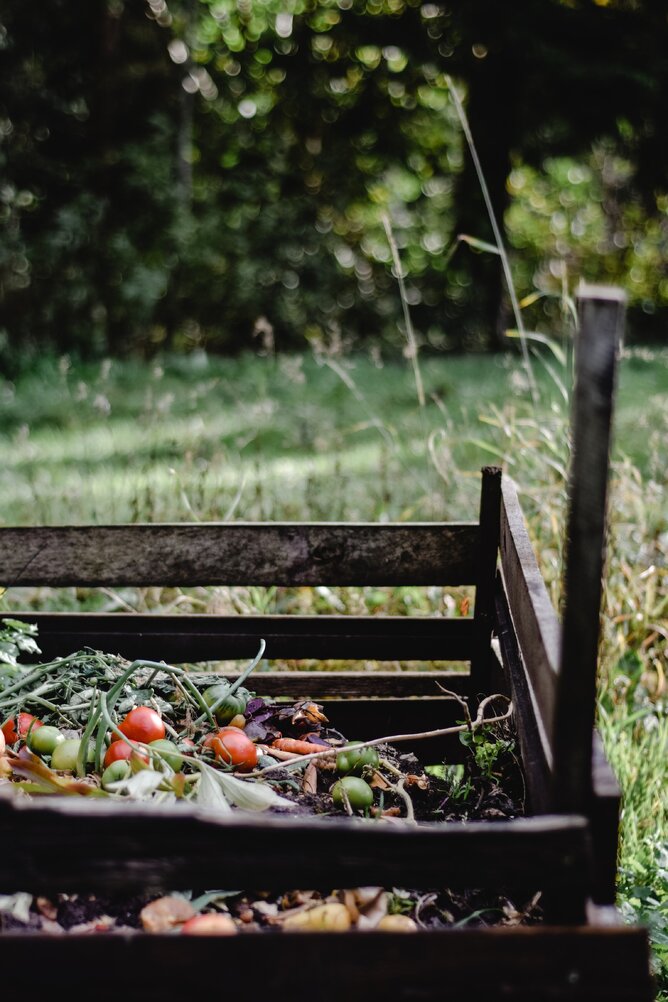Composting is a natural process that has been used for centuries to recycle organic materials into nutrient-rich soil amendments. In recent years, composting has gained popularity in New Zealand as a sustainable way to manage organic waste and improve soil health. In this post, we will explore the science of composting and its role in regenerative agriculture in New Zealand.
Composting 101
Composting is the process of breaking down organic materials such as food waste, yard waste, and animal manure into a nutrient-rich soil amendment. The process of composting involves four main components:
Carbon-rich materials such as dried leaves, straw, or sawdust.
Nitrogen-rich materials such as food waste, grass clippings, or manure.
Water to keep the compost pile moist.
Oxygen to allow the compost pile to "breathe."
The Science of Composting
Composting is a biological process that involves the breakdown of organic materials by microorganisms such as bacteria, fungi, and protozoa. These microorganisms consume the carbon and nitrogen-rich materials in the compost pile and break them down into simpler compounds. The heat generated during the composting process is a byproduct of the microbial activity and helps to accelerate the breakdown of organic materials.
There are three main stages of composting:
Mesophilic Stage: This is the first stage of composting, where mesophilic microorganisms consume the easily degradable organic matter. This stage typically lasts for several days and produces heat, which can raise the temperature of the compost pile to between 20-40°C.
Thermophilic Stage: In the second stage of composting, thermophilic microorganisms such as bacteria and fungi consume the more complex organic matter, raising the temperature of the compost pile to between 40-70°C. This stage can last for several weeks and is critical for breaking down tough materials such as woody stems and branches.
Maturation Stage: The final stage of composting involves the maturation of the compost into a stable, nutrient-rich soil amendment. This stage can take several months and involves the breakdown of any remaining organic matter into humus, which is a stable organic material that can improve soil structure and water-holding capacity.
The Role of Composting in Regenerative Agriculture
Composting plays a critical role in regenerative agriculture in New Zealand. By converting organic waste into a nutrient-rich soil amendment, composting can divert waste that might otherwise be destined for landfill and use it improve soil health, and reduce the need for synthetic fertilizers. Here are some of the ways that composting can benefit regenerative agriculture in New Zealand:
Improving Soil Health: Compost is a rich source of nutrients and organic matter that can improve soil structure, water-holding capacity, and fertility. By incorporating compost into the soil, farmers can improve soil health and promote the growth of healthy crops and pasture.
Reducing Waste: Composting can divert organic waste from landfills, where it would contribute to greenhouse gas emissions. By composting organic waste, farmers can reduce waste and create a valuable soil amendment that can be used to grow healthy food.
Reducing Synthetic Fertilizer Use: Compost is a natural fertilizer that can reduce the need for synthetic fertilizers. By using compost instead of synthetic fertilizers, farmers can reduce the risk of nutrient runoff and improve soil health over time.
Conclusion
Composting is a natural process that has been used for centuries to recycle organic materials into a nutrient-rich soil amendment. In New Zealand, composting plays a critical role in regenerative agriculture by improving soil health, reducing waste, and reducing the need for synthetic fertilizers. By embracing composting as a sustainable solution for organic waste management, farmers can improve the health of their soil, reduce their environmental impact, and increase the profitability of their farms.
In conclusion, composting is a critical component of regenerative agriculture in New Zealand. By understanding the science of composting and the benefits it provides, farmers can improve soil health, reduce waste, and reduce their dependence on synthetic fertilizers. With a growing demand for sustainably produced food, composting is becoming an increasingly important tool for farmers looking to stay competitive in a rapidly changing market. By embracing composting, farmers can take an important step towards a more sustainable and profitable future for agriculture in New Zealand.



